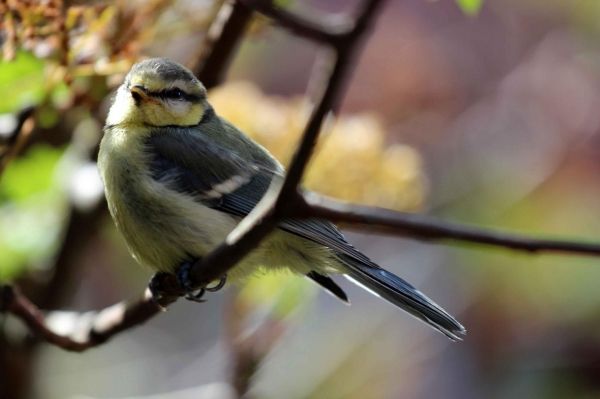Under the current pandemic conditions, activities out in nature are a popular pastime. The beneficial effects of a diverse nature on people’s mental health have already been documented by studies on a smaller scale. Scientists of the Senckenberg Gesellschaft für Naturforschung, the iDiv, and the University of Kiel now examined for the first time whether a diverse nature also increases human well-being on a Europe- wide scale.
To this end, the researchers used the data from the “2012 European quality of Life Survey” to study the connection between the species diversity in their surroundings and the life satisfaction in more than 26,000 adults from 26 European countries. Species diversity was measured based on the diversity of avian species, as documented in the European breeding bird atlas.
“Europeans are particularly satisfied with their lives if their immediate surroundings host a high species diversity,” explains the study’s lead author, Joel Methorst, a doctoral researcher at the Senckenberg Biodiversity and Climate Research Centre, the iDiv, and the Goethe University in Frankfurt. ”According to our findings, the happiest Europeans are those who can experience numerous different bird species in their daily life, or who live in near-natural surroundings that are home to many species.”
Read more at: German Centre for Integrative Biodiversity Research
Also the blue tit (Parus caeruleus) contributes to this: According to the study, ten percent more bird species in the surrounding area increase the feeling of happiness as much as a comparable increase in income. (Photo Credit: Stefan Bernhardt)


